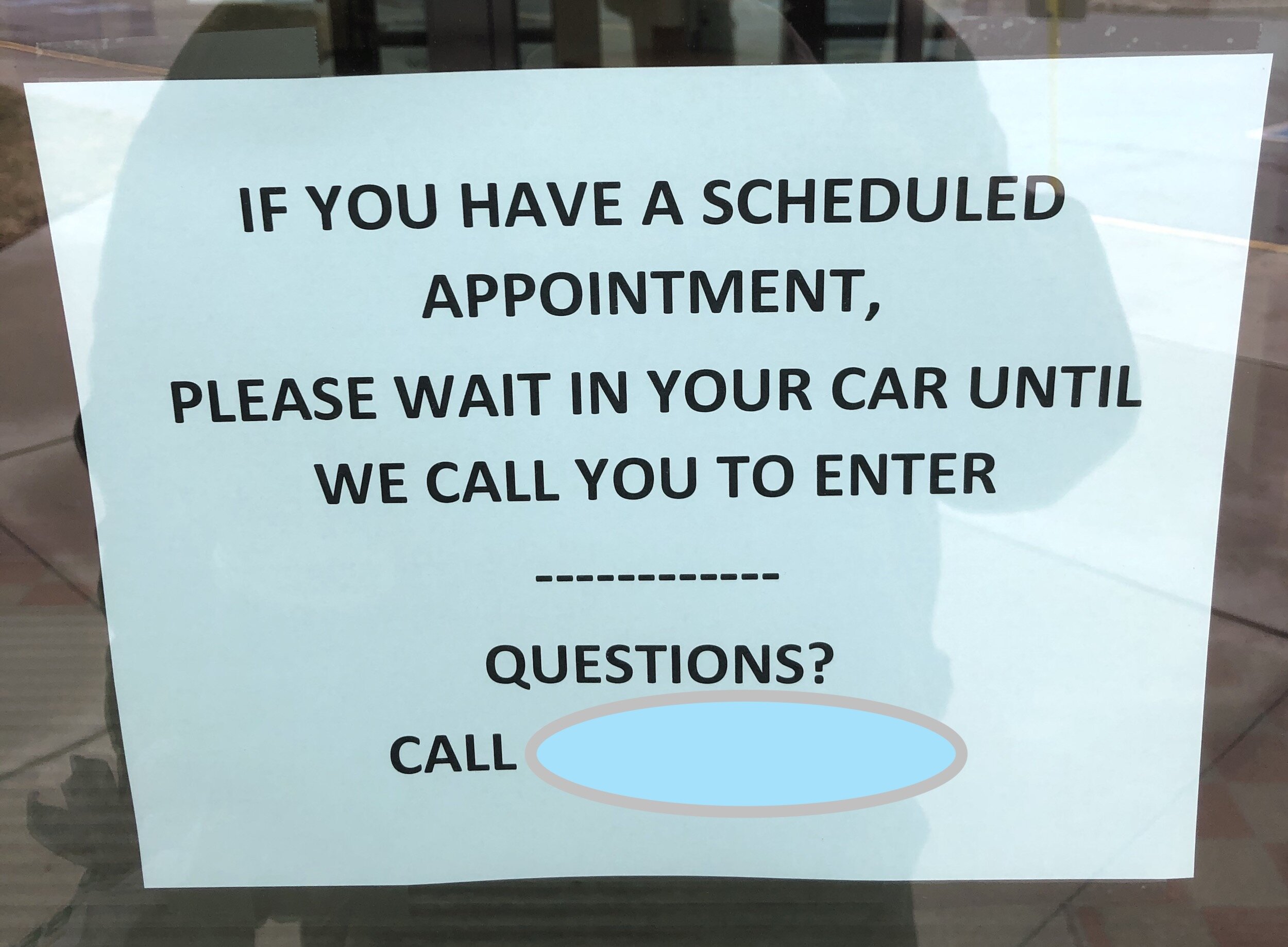Photo by Quino Al on Unsplash
Tips for Dealing with Conflict between Others
Generally, people's reaction to conflict has been described as fight, flight or freeze. It's tough enough to help one person deal with their "coping style" and determine when it is helpful and when it is a barrier to their own personal goals. With multiple people, the factors grow exponentially. Leaders rarely have the opportunity to deal with one person's behavior, attitude, thinking, or emotional functioning in a vacuum. Everyone is watching. Everyone is interpreting what it means. Everyone is calculating their own risk/reward scenarios for how they conduct themselves in the future.
- Start from a position that the conflict is real. We all know that sometimes conflict is poor communication, personality issues, hidden agendas, etc. But unless you have had sufficient time and contact to "know" the employees and what drives them, you should always start from the assumption that the conflict is a real difference the the two parties cannot find a way to resolve.
- Listen and Observe. Don't be too quick to offer a solution. You often need information. You will want to track the logic, emotion, and behavior of the two parties to prepare for intervening. Solutions are often accepted better if they "fit" with the reasoning of the individual parties. You need data to craft a viable solution.
- Check to make sure you have heard correctly. Using a phrase like, "What I hear you saying is . . . " Can help you to assess if you are understanding their point of view or allow them to "correct the record" and help you hear it fully.
- In this process, including what follows, realize that you need to be a good "bystander" to their conflict.
- Revisit your position that "the conflict is real." is this a real difference of opinion.
- Focus on clarifying what each of them 'want."
- If unresolvable, determine the necessary action to protect the individuals, the team, organization, or business.
- Restate any agreements made or the actions that will occur (such as defining what is acceptable and what is not and the consequences if broken).











